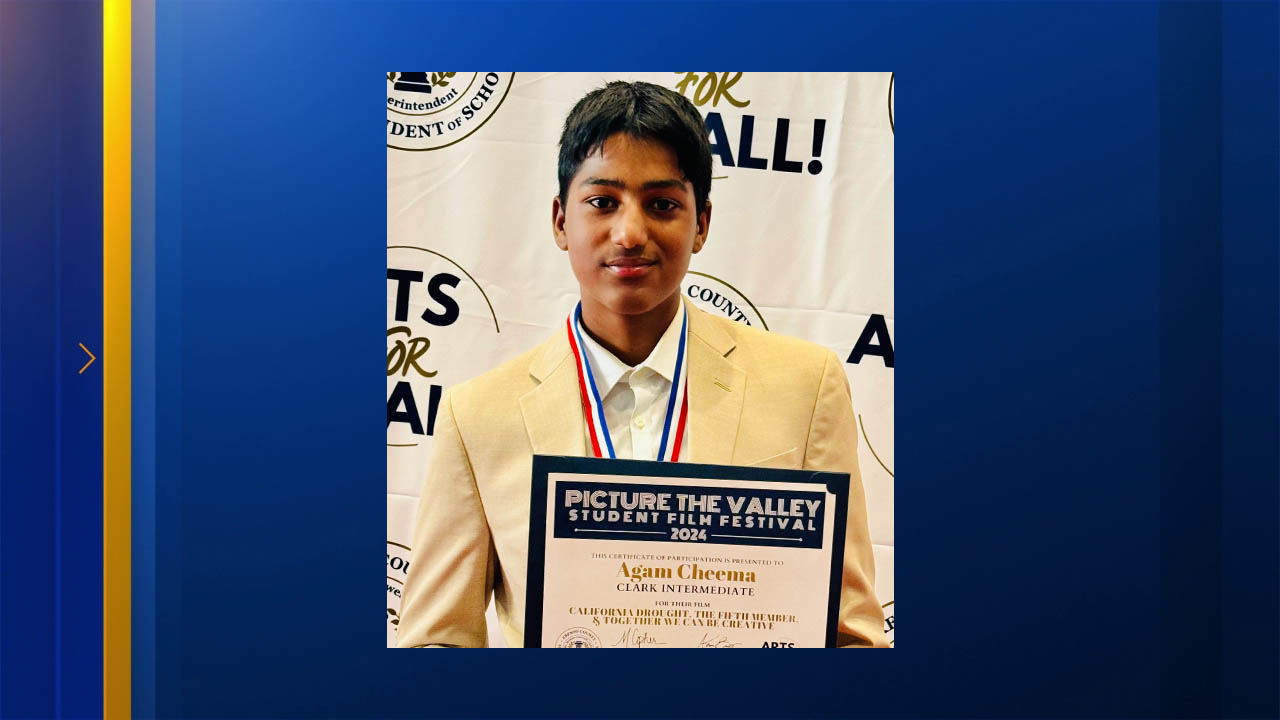TV reporter takes off wig, reveals locs on Juneteenth, her 'natural hair liberation day'
Akilah Davis hopes to inspire little girls struggling to embrace their roots.

RALEIGH -- For Juneteenth 2023, a local television reporter celebrated the hair freedom she's always wanted.
Akilah Davis, a race and culture reporter from our sister station WTVD in North Carolina, said growing up, her hair texture was misunderstood.
Her mother used a variety of hair-straightening techniques to make her hair "more manageable."
"I didn't think she had bad hair. She just didn't have the texture I had," Akilah's mom, Debra Davis, told her during an interview. "The only way I could fix it was to either hot comb it or perm it."
Unknowingly, Akilah internalized the idea that straight hair was good hair and natural hair was not. Marketing campaigns on TV and in magazines reinforced that belief.
"The message really stayed with a generation of Black women in particular who really had to work to overcome the idea that something about their hair was inherently inadequate," said Dr. Jasmine Cobb, a professor of African American studies at Duke University.
It's a topic Cobb explores in her book, "New Growth, The Art and Texture of Black Hair."
The professor said eurocentric beauty standards created a perception that only straight hair was beautiful.
"Reclaiming our identity."
While George Floyd's 2020 murder sparked a global racial reckoning, a quiet movement among Black women was also growing.
"One way we're redefining and reclaiming our identity is through our hair," said Maya Anderson, a loctician at Locs, Naturals, & More.
Anderson said she's seeing more Black women starting locs in their hair, a choice she views as an expression of freedom and self.
"Just get up, shake your hair, move on with the day and not have to worry about rain or humidity," she said.
In December 2021, Anderson established micro locs in Akilah's hair. For more than a year, Akilah covered them with a wig. She wanted to reveal the big transition on TV on Juneteenth.
Good Morning America Anchor Janai Norman made the natural hair transition on the national stage in 2018.
"The way that we as Black women think about showing up as our authentic self -- it's rooted in fear. The fear of will I be looked at as professional," Norman said.
"It takes courage. It takes strength. It takes resilience," she added.
Davis chose Juneteenth to share her journey to hair freedom because she wants to be true to herself on the job. She hopes to inspire women and little girls struggling to embrace their roots. It's hair freedom she's always wanted.
"I'm just proud of you doing what you're doing and being brave by presenting yourself how you want to present yourself," her mom said.










